Program News
News and stories about members of the UNC Lineberger Virology Research Program
-
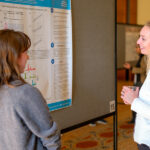
Symposium highlights research advances in viral cancer and AIDS malignancies
The 13th annual UNC-Duke Viral Oncology and AIDS Malignancy Symposium featured talks and poster presentations on the latest research and insights in the field.
-

UNC Lineberger faculty named world’s most highly cited researchers
Twelve UNC Lineberger Comprehensive Cancer Center members were named to Clarivate’s 2023 Highly Cited Researchers™ list, which recognized scientists who published papers that ranked in the top 1% of cited publications in their field between 2012-2022.
-
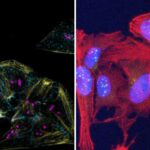
Dittmer, Griffith labs win Art in Science Competition
During University Research Week, the labs of Dirk Dittmer, PhD, and Jack Griffith, PhD, won the Art in Science Competition held by the UNC School of Medicine Office of Research.
-

Poor oral health could lessen survival from head and neck cancer
An international study has revealed strong associations between oral health and survival among people diagnosed with head and neck cancer.
-
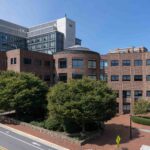
UNC RNA Discovery Center awards inaugural fellowship grants
The UNC RNA Discovery Center has awarded three fellowship grants to support innovative research investigating various roles of RNA in health and disease.
-
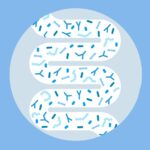
Gut microbiome can increase risk, severity of HIV, EBV disease
UNC researchers report that the gut microbiome has a significant impact on the acquisition of Epstein-Barr virus and human immunodeficiency virus-1 infection and plays a role in the course of disease.
-
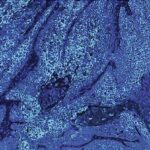
Two subtypes of HPV-associated head and neck cancers predict treatment outcomes
Researchers have divided HPV+ head and neck cancers into two distinct subtypes, which can help determine how well patients will respond to therapy.
-

Clinical trial improves man’s quality of life with tongue cancer
Vance Aldrich Bell III experienced positive life-changing results after participating in a clinical trial for squamous cell carcinoma of the tongue.
